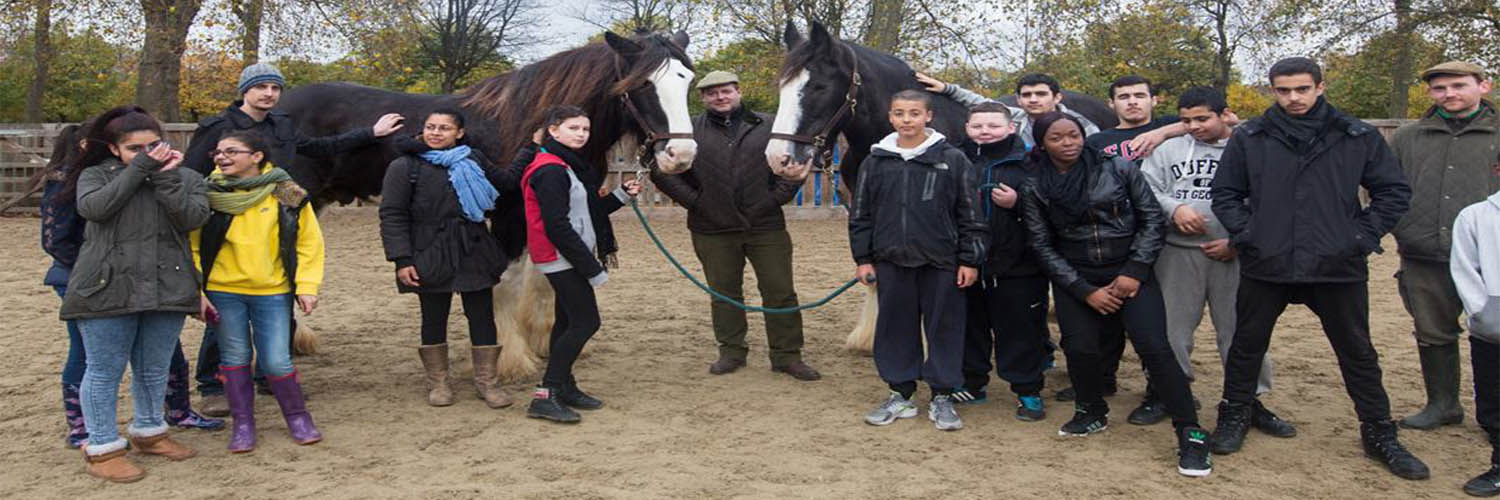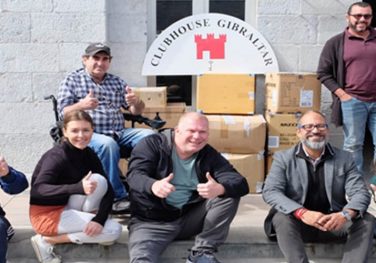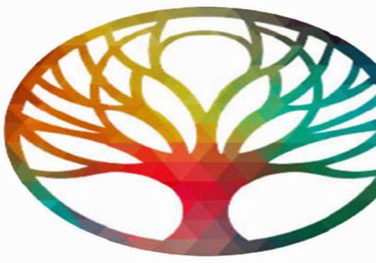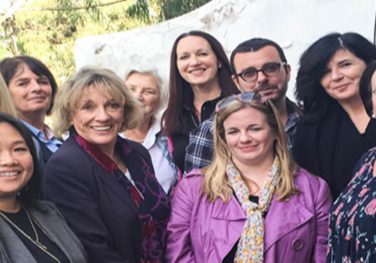Royal Parks Foundation, Real Horse Power
How horses are helping ‘bully-proof’ school children
Horses don’t respond to bullying. If you want a horse to do something, you need to negotiate, cooperate and be patient. This is the premise for an innovative project to tackle bullying in schools, run by the Royal Parks Foundation in London.
‘Real Horse Power’ is a psychotherapy and learning programme, which uses horses to equip pupils with the skills they need to challenge bullying and negative behaviours – whether they might be the bully, the target, or a bystander.
- Our grant of £25,000 funded 52 students from 5 schools to experience Real Horse Power, an innovative therapy programme which uses horses to address bullying behaviour.
- Data from the Real Horse Power pilot programme, showed tolerance for bullying behaviours reduced by 62% for pupils taking part

How can horses help deliver these skills?
- Horses are large and powerful. Working with them can help build the confidence needed to deal with other intimidating and challenging situations.
- Observing a herd of horses teaches us about the different roles all of us play in a group. It also shows us that our behaviours are not fixed and can change – and that patience and communication are important if you want to succeed.
- Like humans, horses are social animals with distinct personalities, attitudes and moods. An approach that works with one horse won’t necessarily work with another. That’s why they provide vast opportunities for personal and social skills learning.
- Most importantly, horses mirror the finesse of human body language, which makes working with them an immediate way of reflecting human behaviour. By looking at the way horses behave and how we react to them, we are able to reflect on our own behaviour and how it impacts on others.
What do pupils learn from horses?
Students who took part in Real Horse Power programmes had a range of challenges, including emotional and cognitive difficulties; speech, language and communication difficulties; autism; and social, emotional and mental health needs.
The programme encouraged participants to:
- Take responsibility
- Manage new or difficult situations positively
- Challenge prejudice and discrimination assertively
- Develop emotional intelligence
Each school group had seven sessions – a briefing visit, five equine therapy sessions in Hyde Park, and a debrief.
More Success Stories

Clubhouse Gibraltar – mental health support

Gibraltar Productions Limited, GBC Open Day

